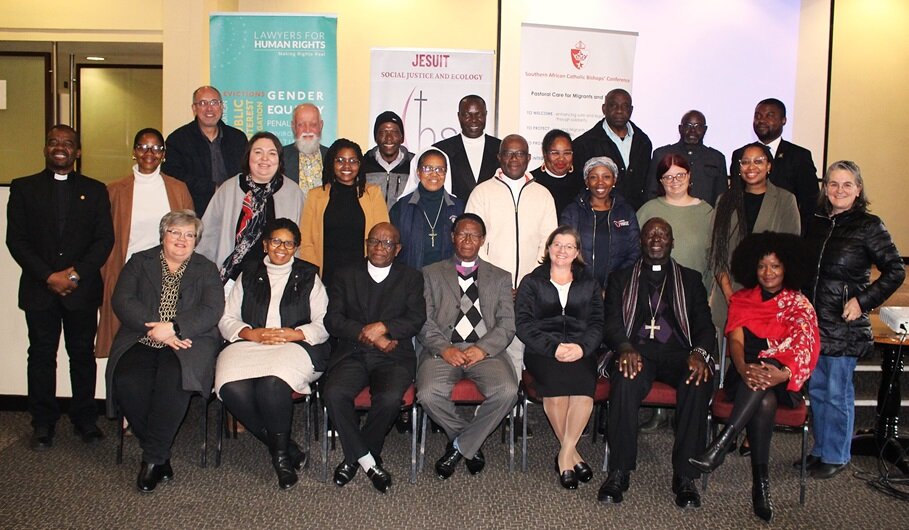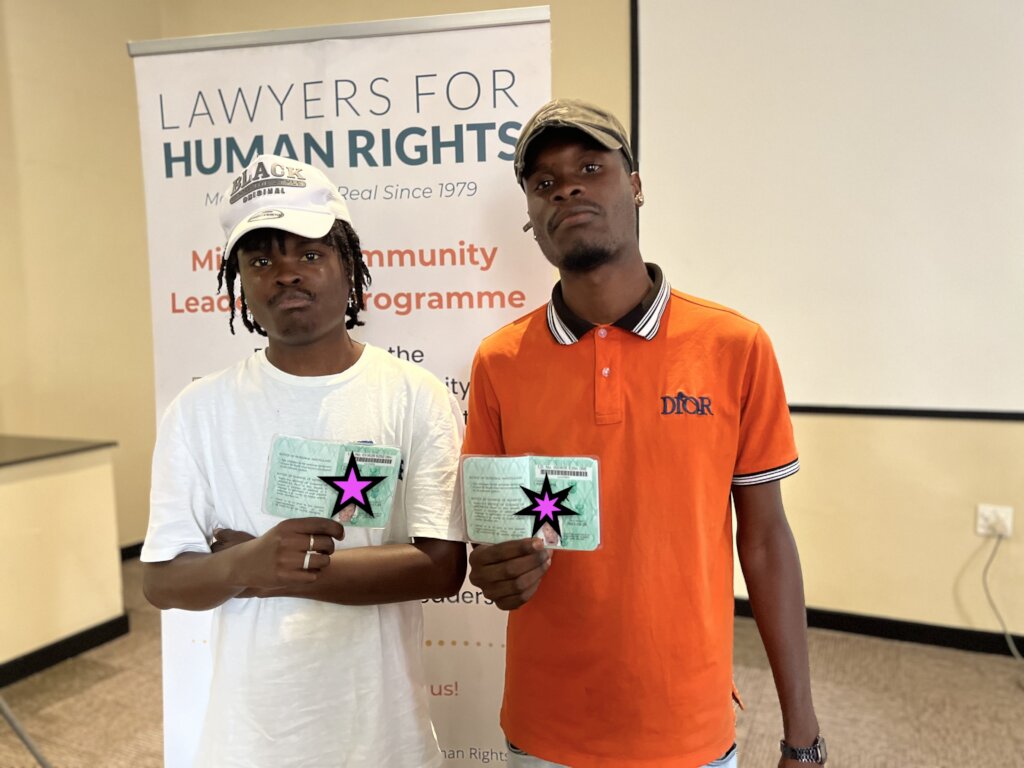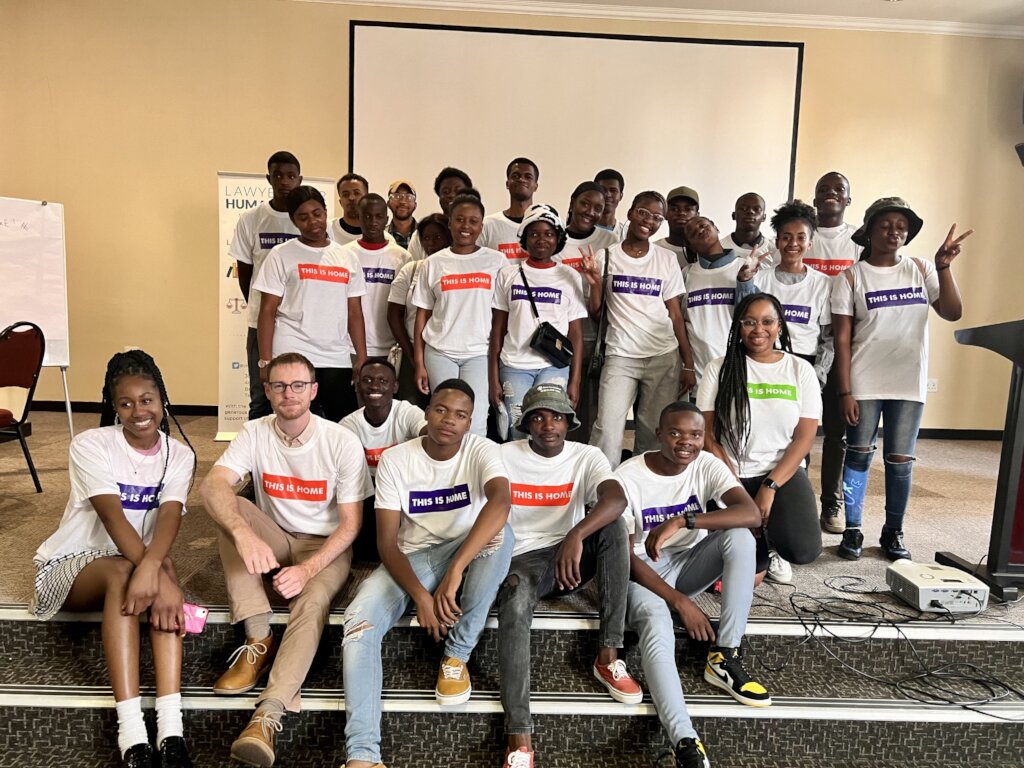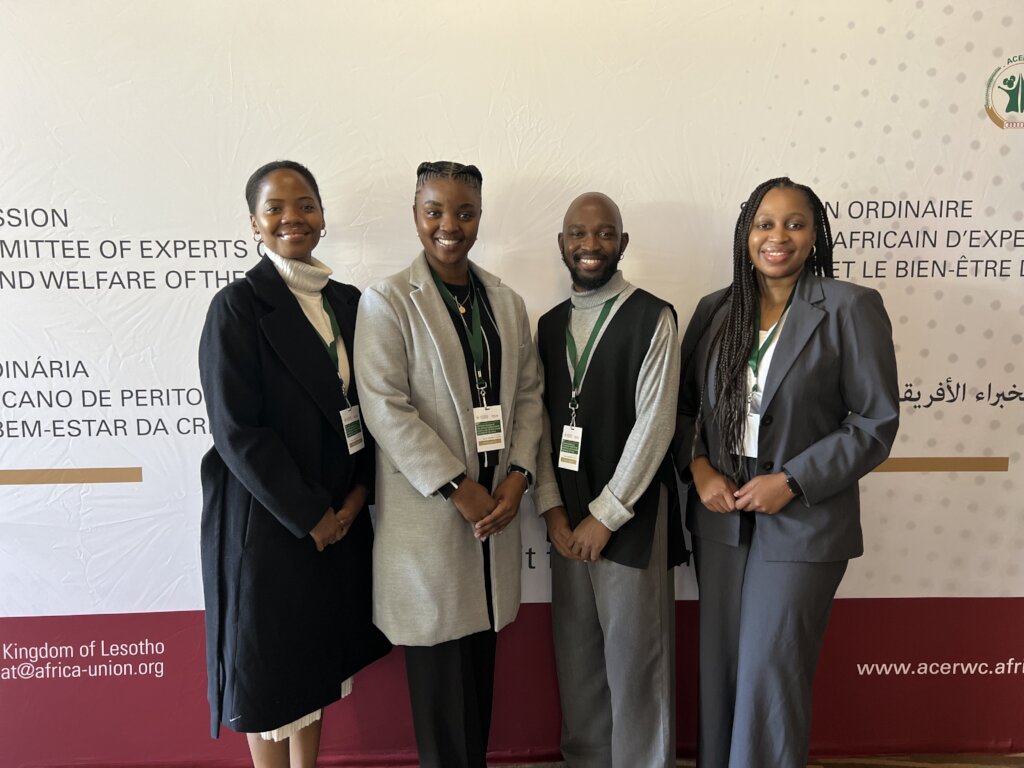By Thandeka Chauke | Statelessness Project Head
Law and Policy Developments:
On 19 June, the Constitutional Court dismissed an appeal by the Minister of Home Affairs against the June 2023 Pretoria High Court ruling that deemed the termination of the Zimbabwean Exemption Permit (ZEP) programme unlawful. The court mandated meaningful consultations with the 178,000 affected permit holders. This decision, following the Helen Suzman Foundation's challenge, highlights the significant impact on individuals who have legally resided and worked in South Africa for over a decade. The ZEP programme, initiated in 2017, was designed to offer legal status to Zimbabweans living in South Africa, allowing them to work, study, and access essential services.
Its termination has profound implications, particularly for children. Many children of ZEP holders were born and raised in South Africa and face the risk of statelessness if their parents' permits are revoked. Without legal documentation, these children may be denied access to education, healthcare, and other basic rights, exacerbating their vulnerability and marginalization. LHR and the Centre for Child Law (CCL) have conducted outreach regarding this by disseminating a booklet aimed at equipping children who are, or whose parents or caregivers are, Zimbabwean Exemption Permit (ZEP) holders: Zimbabwean Exemption Permits and Children’s Rights: What you should know – Lawyers for Human Rights.
LHR also assisted with 8 DNA tests during this period to help resolve documentation issues.
Capacity Building (June and July):
LHR co-facilitated capacity-building workshops for social workers in Limpopo and Kwa-Zulu Natal. The training aimed to shed light on the legal concept of statelessness, its causes, and its consequences in the context of migrant children. LHR emphasized the importance of social workers being equipped with the necessary legal knowledge to assist undocumented migrant children in obtaining official documentation and preventing statelessness.
This is Home Campaign – Advocacy:
On 7 June, LHR hosted a workshop for the This Is Home campaign, which highlights the stories of inspiring young people affected by statelessness and their struggles for belonging and citizenship. The workshop served as a brainstorming platform for young people affected by documentation and/or citizenship and migration-related issues to connect and network. The focus was to create a positive and safe space for communication, advocacy, solidarity, and provide discussions around the This Is Home campaign, the status of the Department of Home Affairs’ backlog, advocacy developments, and a roadmap for the campaign.
Regional Mobilization:
On 13 June, multi-religious leaders, diplomats, and civil society organizations gathered at a conference organized by LHR, the Southern African Nationality Network, the Migrants, Refugees, and Human Trafficking Office of the Southern African Catholic Bishops Conference (SACBC), and the Jesuit Province of Southern Africa. This event focused on addressing the challenges of childhood statelessness in Southern Africa and identifying the roles of religious leaders and other stakeholders in eradicating this issue.
Archbishop Buti Joseph Tlhagale, a member of the UNHCR Multi-Religious Council and a supporter of the #IBelong campaign, emphasized the importance of mobilizing stakeholders and integrating the voices of those with lived experiences of statelessness into the dialogue. The conference highlighted the urgent need for action, as a 2022 UNHCR report indicated that around 19 million children under five in Southern Africa lack birth certificates. Archbishop Tlhagale called on religious leaders to play a crucial role in ending statelessness and ensuring affected individuals receive the necessary support.
From 15 to 19 April, Lawyers for Human Rights (LHR) and the Centre for Child Law (CCL) participated in the 43rd Ordinary Session of the African Committee of Experts on the Rights and Welfare of the Child (ACERWC) in Maseru, Lesotho. The session brought together children, youth, civil society organizations, and government representatives to advance child rights across Africa, with a special focus on the severe implications of childhood statelessness. During their panel discussion, the story of Primrose and her daughters, NM, and AM, was screened to illustrate the harsh realities faced by those living without a nationality.
Links:
Project reports on GlobalGiving are posted directly to globalgiving.org by Project Leaders as they are completed, generally every 3-4 months. To protect the integrity of these documents, GlobalGiving does not alter them; therefore you may find some language or formatting issues.
If you donate to this project or have donated to this project, you can receive an email when this project posts a report. You can also subscribe for reports without donating.
Support this important cause by creating a personalized fundraising page.
Start a Fundraiser


